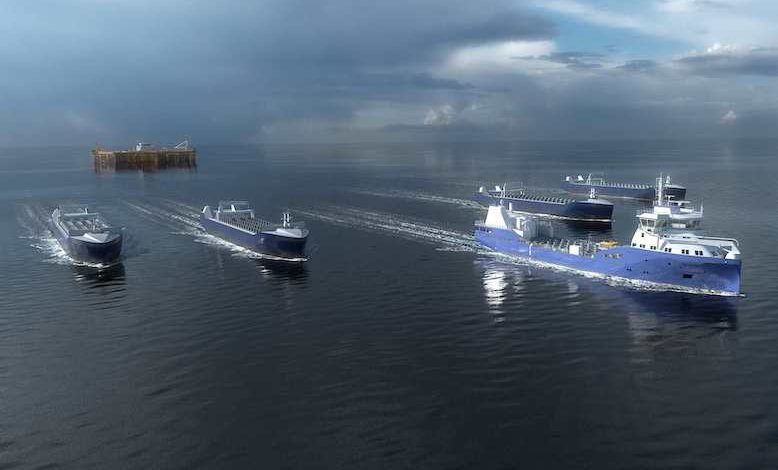EU funds two autonomous ship projects

Scandinavian tech firm Kongsberg has detailed plans to install and test autonomous technology on two vessels in different operational environments.
The project is receiving EUR20m funding, one of the largest grants ever given to Norwegian players from Horizon 2020, an EU research programme.
“The Norwegian maritime cluster, which Kongsberg is part of, is the world leader in autonomous shipping. Now we are further strengthening our position through the AUTOSHIP project which will accelerate the realisation of next-generation autonomous ships and create a roadmap for commercialising autonomous shipping in the EU in the next five years,” said Egil Haugsdal, CEO of Kongsberg Maritime.
AUTOSHIP, a four-year Horizon 2020 project, is a collaboration between Kongsberg and Norwegian research organisation, SINTEF, as well as several European partners. The Research Council of Norway is also providing support.
Two autonomous vessels will be demonstrated for use especially in short sea coastal shipping and Europe’s inland waterways.
“The AUTOSHIP project gives Northern Europe with Norway a leading edge in developing the next generation of autonomous vessels. The race is underway internationally. The technology contributes to safer, more efficient and sustainable operations at sea, both in transport and aquaculture. The project now receives one of the largest allocations from the EU’s Horizon2020 program to a Norwegian player ever. This is a NOK 200 million mark of quality,” said Iselin Nybø, Norway’s Minister of Research and Higher Education.
The Eidsvaag Pioneer is one of the two vessels that will now be equipped for remote-operated and autonomous maritime transport. This ship is owned by the Eidsvaag shipping company and operates along the Norwegian coast and in fjord areas where it carries fish feed to fish-farms.
“We will demonstrate that it is possible to remotely operate several ships from land and over large geographical areas. The technology is used in different ways on the vessel to show that the solutions can be applied widely. This is a market with a significant potential,” said Haugsdal.
The aim of the project is to test and further develop key technology linked to fully autonomous navigation systems, intelligent machinery systems, self-diagnostics, prognostics and operation scheduling, as well as communication technology enabling a prominent level of cyber security and integrating the vessels into upgraded e-infrastructure.
“We will contribute by developing cloud-based communications systems and advanced simulations to test and ensure that the autonomous vessels operate safely and optimally,” said Hege Skryseth, the CEO of Kongsberg Digital.
The other vessel to be equipped with autonomous technology is a Belgian pallet shuttle barge owned by Blue Line Logistics.
This operates on canals in Europe, transporting goods to and from large container ports. Backers of the project claim an autonomous barge can take around 7,500 trucks off the roads each year.
“There is increasing market demand for waterborne transport in the EU. The results of the AUTOSHIP project will lead to safer and greener transport in Europe with one of the major outcomes being a shift of goods transport from roads to waterways,” said Haugsdal.
